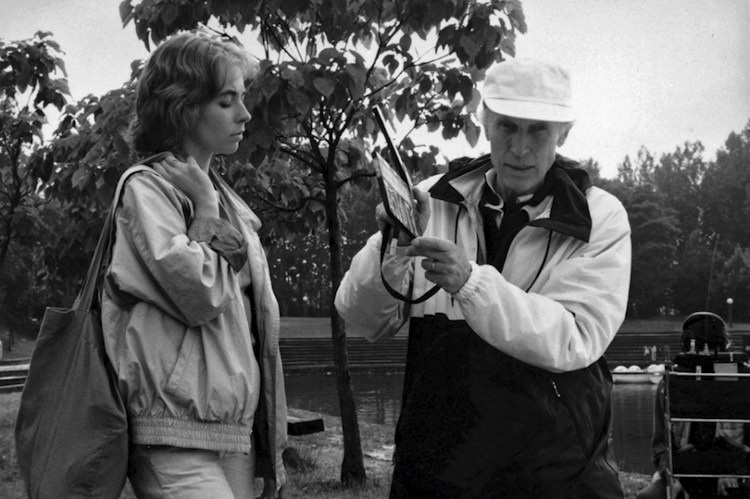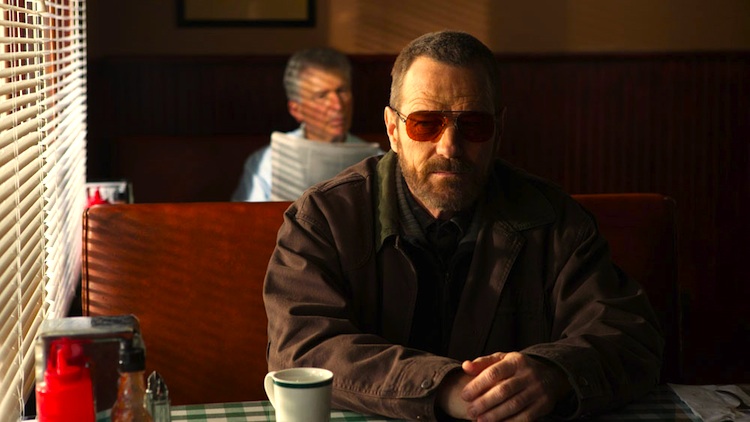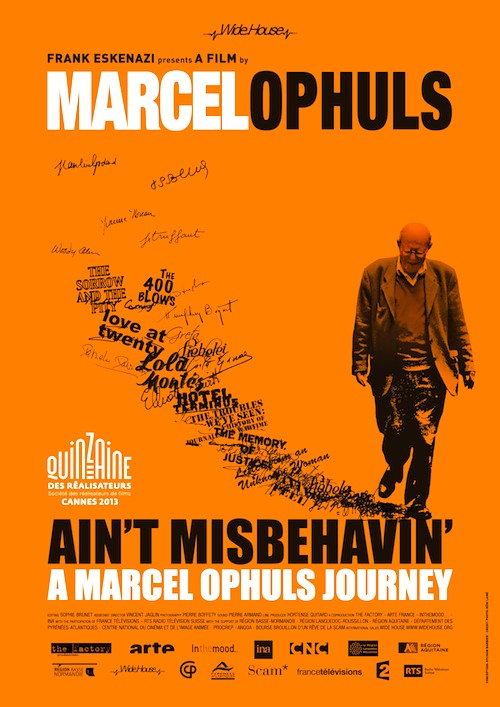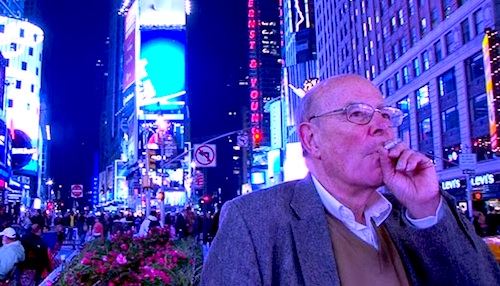By Joe Bendel. All movie lovers know amnesia and romance go together like fish and chips. Yakuza not so much, but they are all part of the mix in screenwriter-director Kenji Uchida’s understated rom-com, Key of Life, which releases today on DVD from Film Movement.
The mysterious Shinichiro Yamazaki (professional handle: Kondo) has just taken out an unfortunate businessman. Despite his protective garb, the hitman has a discrete dab of blood on him. He is also somewhat sweaty, so he heads for a public bath, where he promptly slips on a bar of soap and cracks his head. Seizing the opportunity, suicidal loser-actor Takeshi Sakurai grabs his keys and clothes, while an ambulance whisks him off to the hospital. When Sakurai finally resolves to face up to the well heeled Yamazaki, he finds the man has no memory of his past life. Although he still feels a tiny bit guilty, Sakurai continues impersonating Yamazaki, blissfully unaware of the man’s dangerous line of work.
Meanwhile, book publishing executive Kanae Mizushima gives herself a short deadline to find and marry a reasonably respectable man. She has her reasons. Sakurai, as Yamazaki erroneously presumes himself to be, seems like a poor prospect. Yet a chance encounter leads to possible romance for the two meticulous souls. Of course, all sorts of complications are lurking around the corner, many of them involving the Yakuza who has a rather distasteful follow-up gig for Kondo.

On paper, Key sounds like a whizbang screwball comedy, but Uchida’s execution is surprisingly quiet, laidback, and mature. Recognizing a good thing going on, he allows plenty of time for the ambiguously romantic relationship between Mizushima and the real Yamazaki to unfold. He juggles a gracious plenty plot points, yet Key is first and foremost a rom-com that excels at the rom.
Prolific character actor Teruyuki Kagawa is absolutely pitch-perfect as Yamazaki (assuming Sakurai’s identity), conveying all his world weary soulfulness, while still springing all his character’s revelations like the crafty pro he is. Likewise, Ryoko Hirosue (sort of the Japanese Sandra Bullock, probably still best known internationally for her supporting turn in the Oscar winning Departures) is exquisitely demur and sensitive as the reserved Mizushima. Together, they develop some unusually fresh and deep screen chemistry. Unfortunately, Masato Sakai’s real Sakurai looks like quite the weak link in comparison, but at least he delivers one memorable extra-base hit late in the third act.
Even though Uchida maintains an appealingly light and easy-going vibe, Key has far more heft than the average comedy of any sub-genre. It is a film that appreciates the awkward ways people relate to each other. Witty, romantic, and greatly satisfying, Key of Life is highly recommended for general audiences. It is now available on standard DVD from Film Movement.
LFM GRADE: A
Posted on January 7th, 2014 at 8:20pm.







